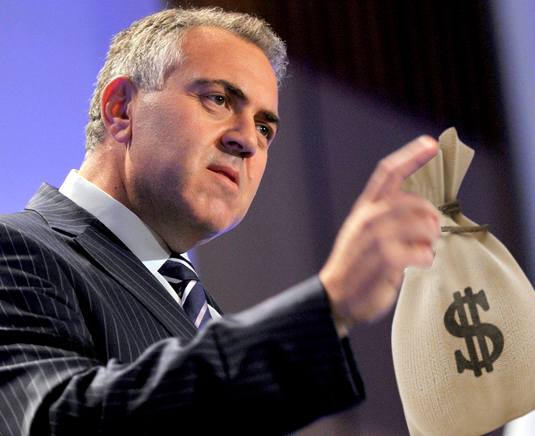Push for rules to slow rampant asset sales
 The Senate is looking for some extra conditions before passing the Federal Government’s asset recycling bill.
The Senate is looking for some extra conditions before passing the Federal Government’s asset recycling bill.
Asset recycling is being promoted by the plan to set up a fund that would pay State Governments to sell public assets such as energy networks and toll roads.
The Federal Coalition’s plan is to provide incentive payments to state governments considering sales, on the conditions “recycle” the funds into new infrastructure projects.
But in the negotiations this week, the Greens and Palmer United Party senators said they would back Labor Party amendments requiring cost benefit analyses to be published for the projects being funded.
They also want to give the parliament new powers to disallow the bonus payments, if a project is not good value for money.
A number of the LNP’s much-lauded “roads of the 21st century” projects, including Melbourne’s East West link and the Sydney West Connex project, were not subject to cost-benefit analyses before federal money was allocated, and are now the subject of demands for justification.
Many community groups have questioned the lack of proof that the multi-billion dollar projects are actually worthwhile, as state and federal government storm ahead.
In fact, the Government’s own Productivity Commission report into public infrastructure provision explicitly questioned the asset recycling scheme, noting that it may only “act to encourage privatisation in circumstances that are not fully justified and encourage the selection of new projects that do not have demonstrable showed “properly conducted cost–benefit studies of large projects, and [ensure] their disclosure to the public”.
Opponents say the asset recycling plan will run without proper safeguards and see projects picked for their political expediency or ideological basis, rather than for their actual economic and social benefits.
The Productivity Commission says privatisations are only wise if they;
- Ensure economic efficiency is achieved
- Manage the risks to consumers and other public interests
- Have a market structure which is amenable to the privatisation
- Conduct sales efficiently, ethically and transparently.








 Print
Print